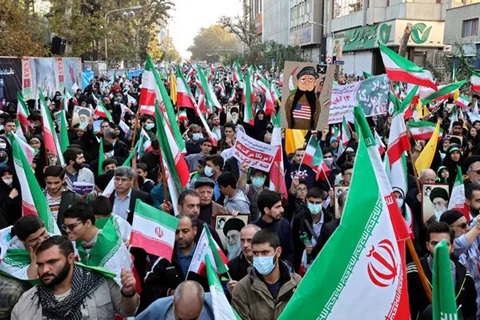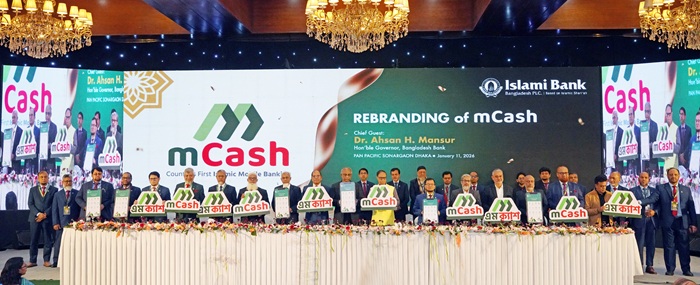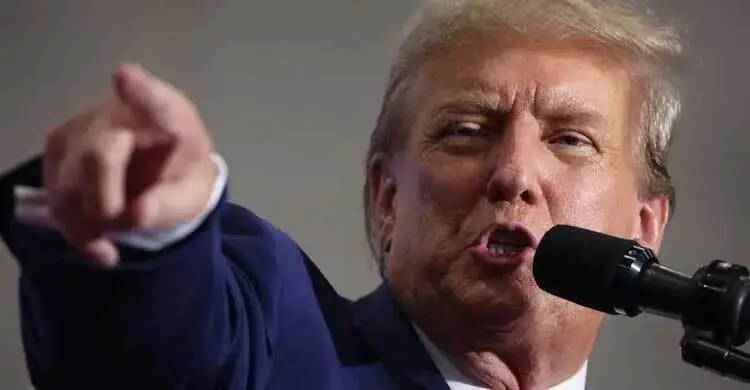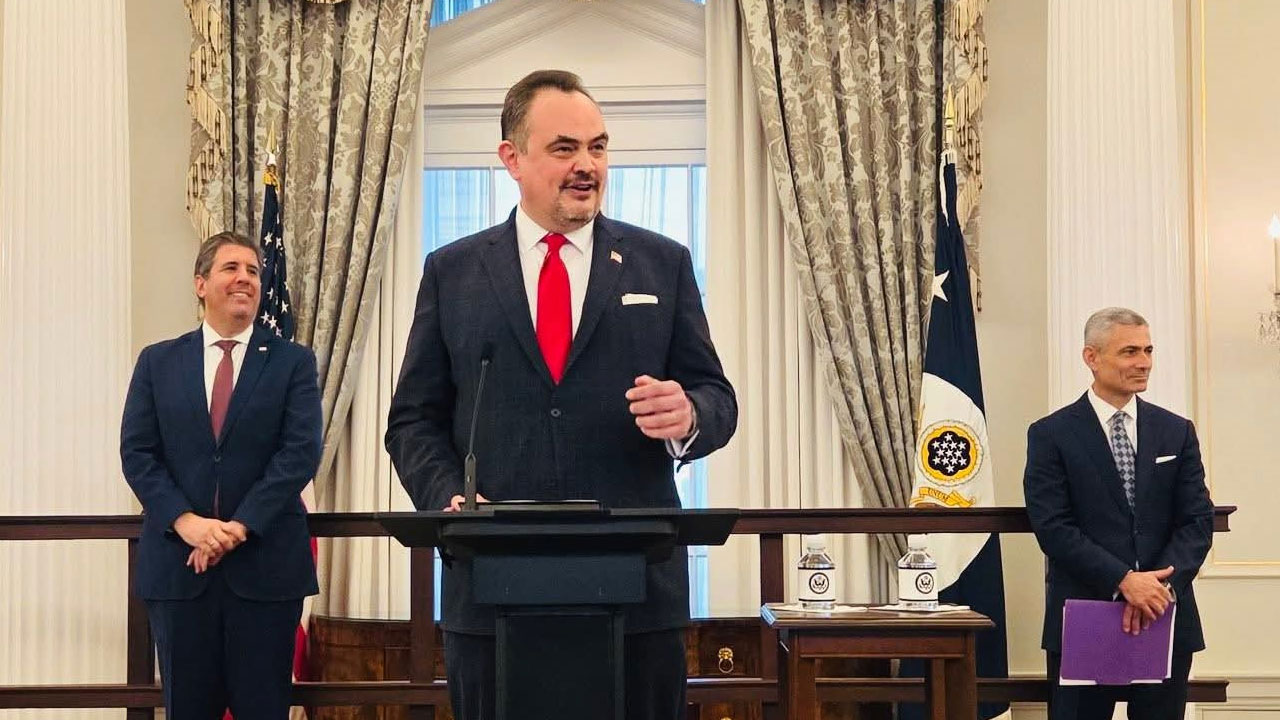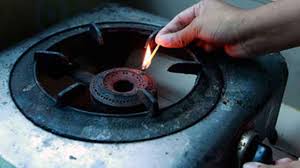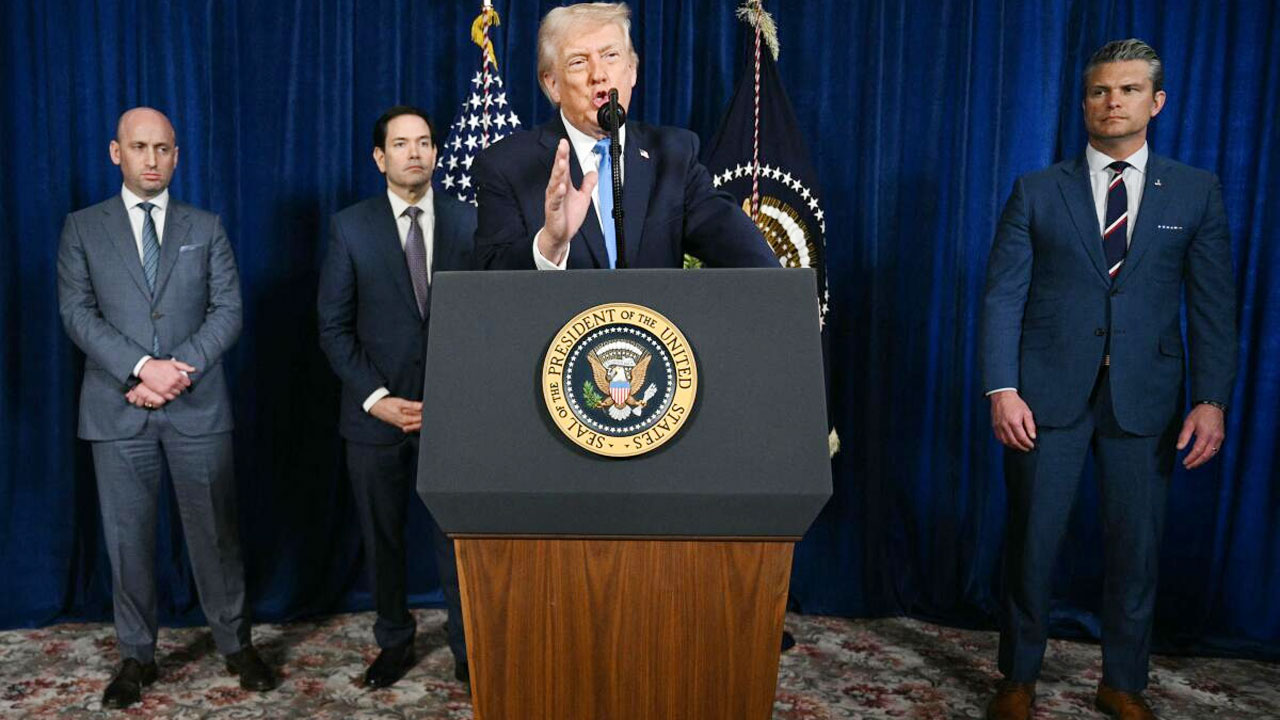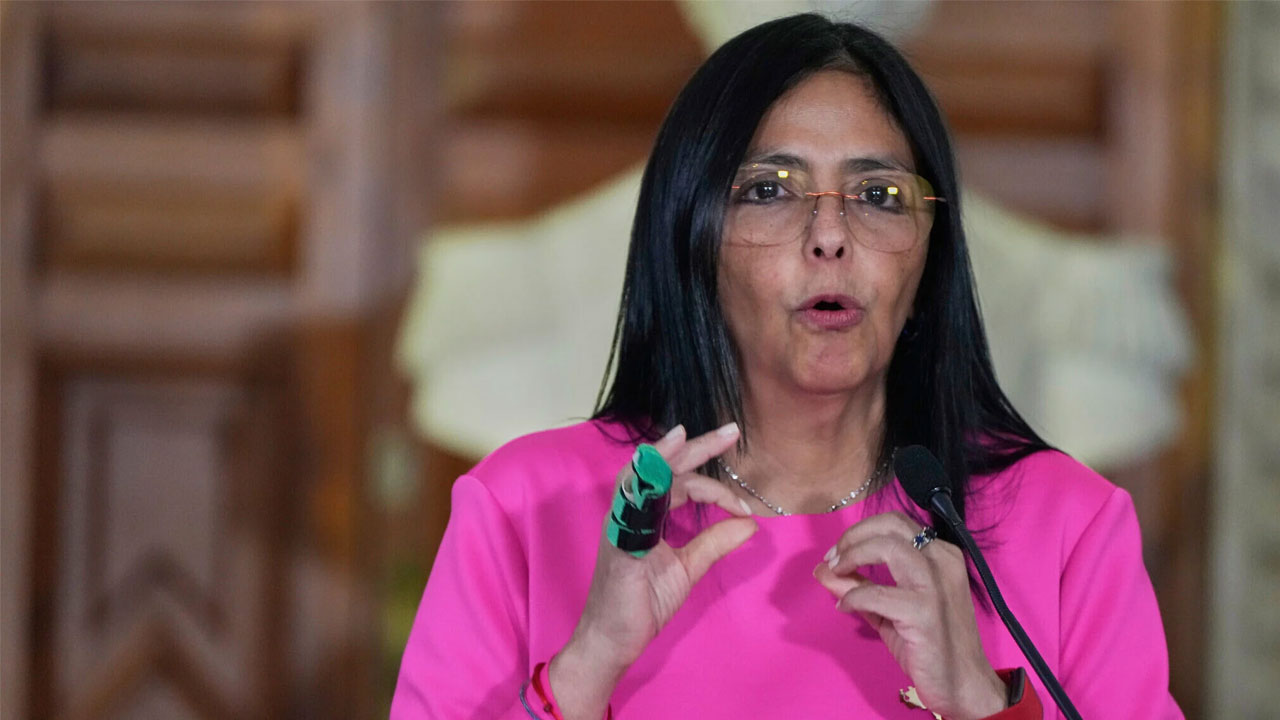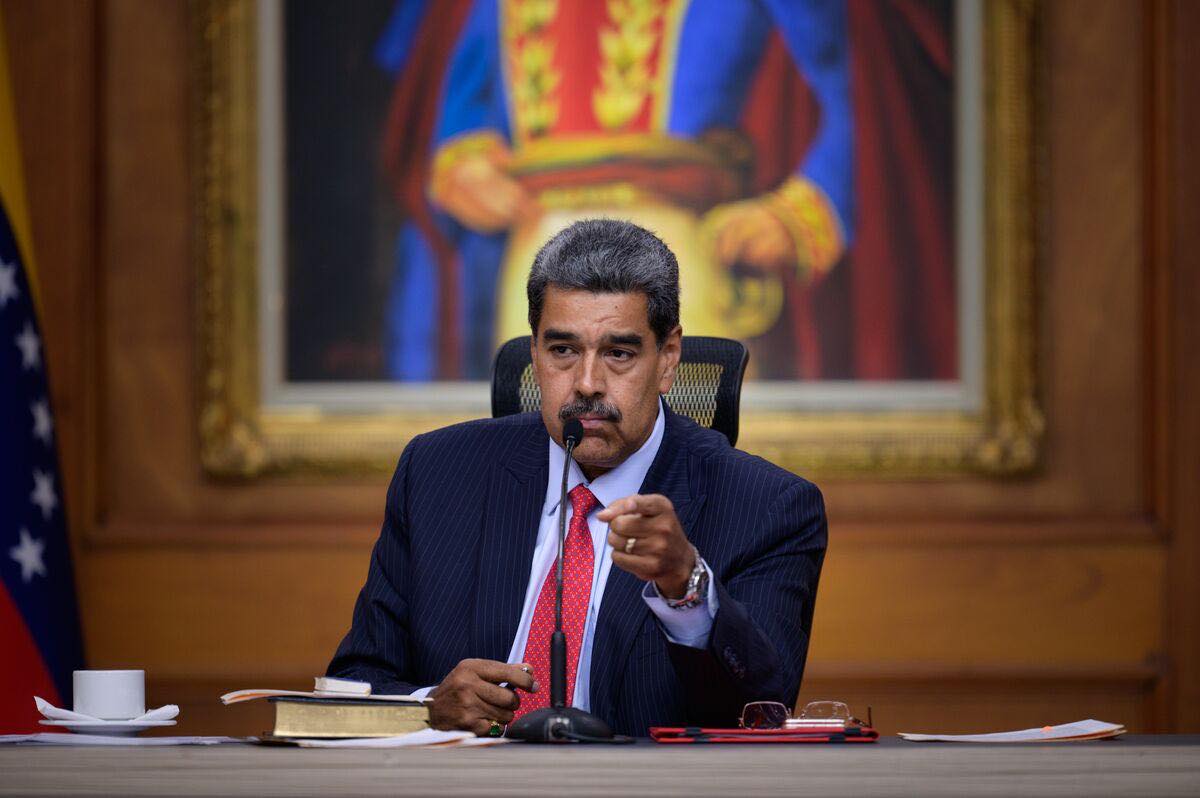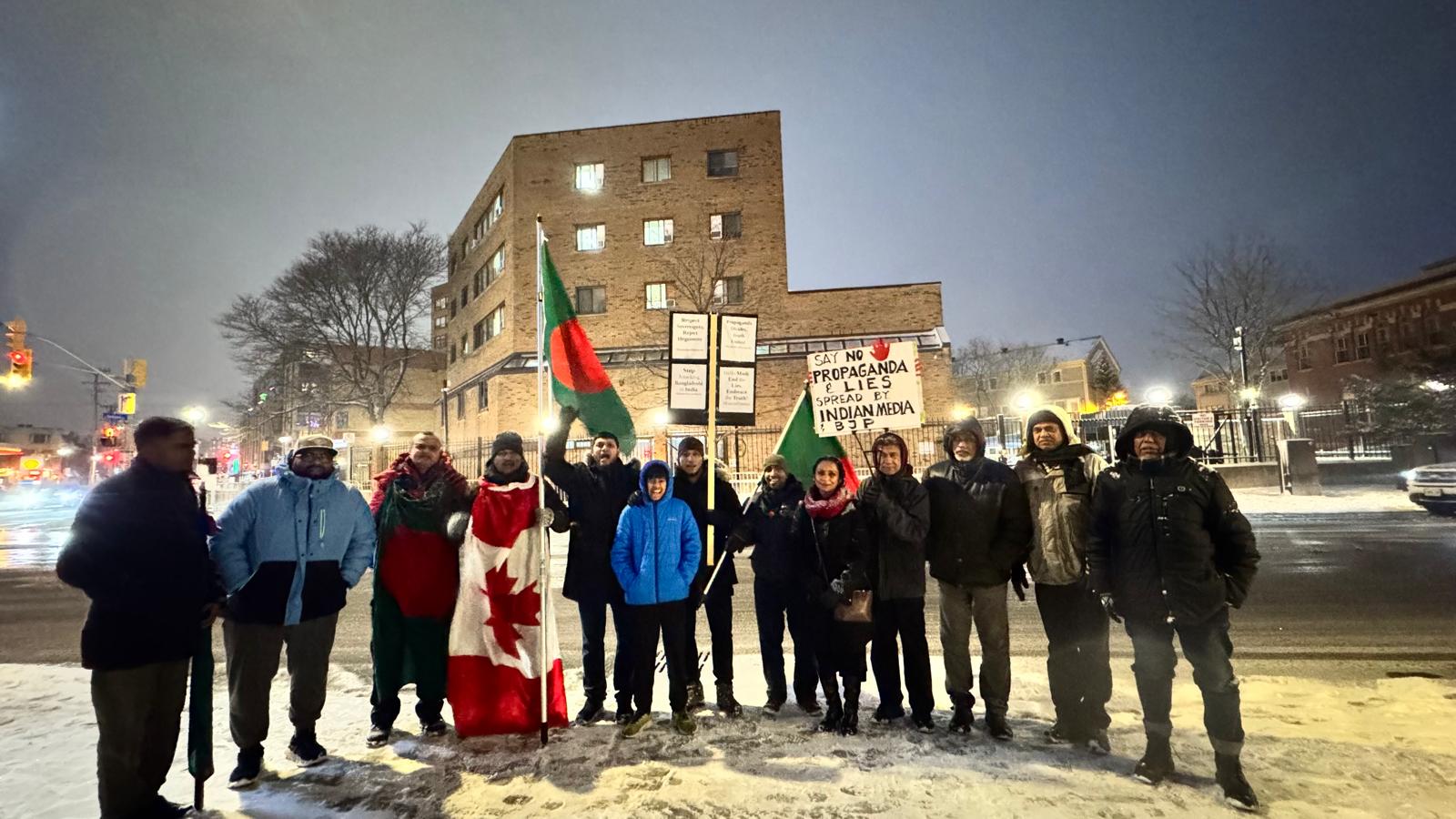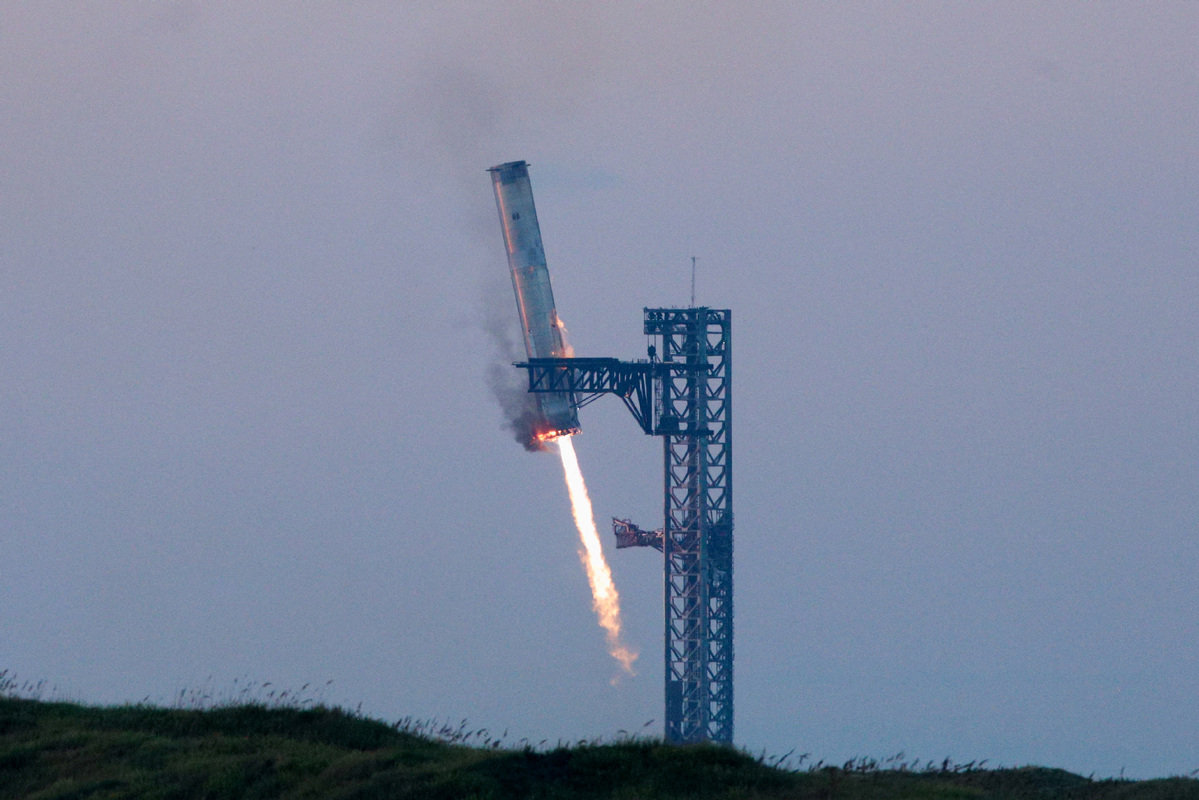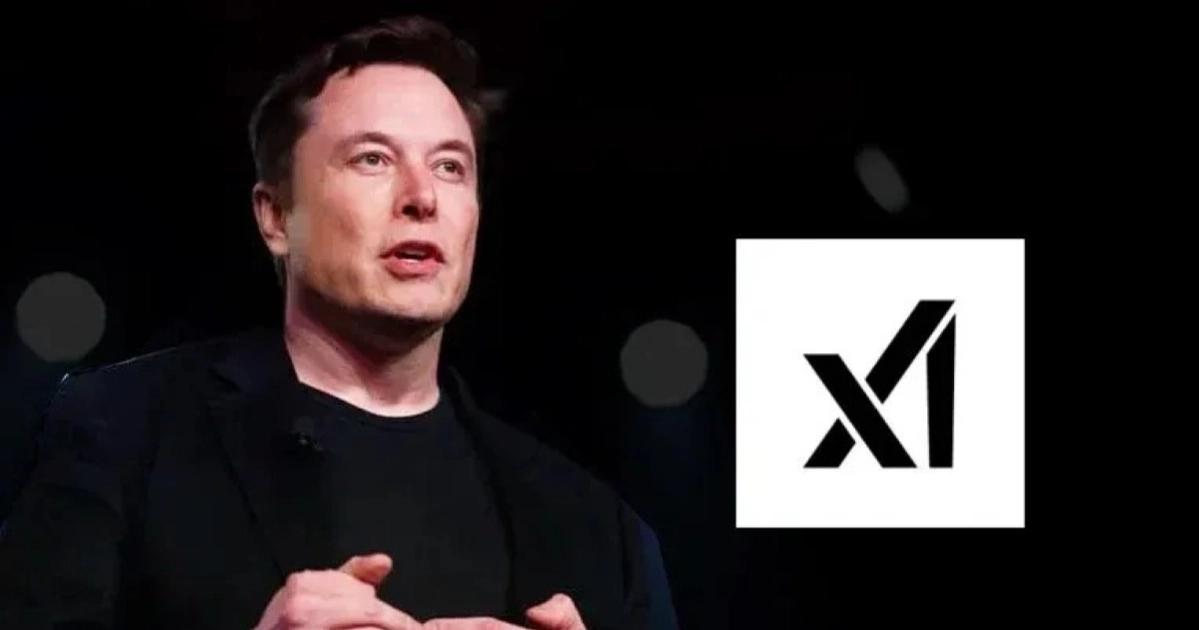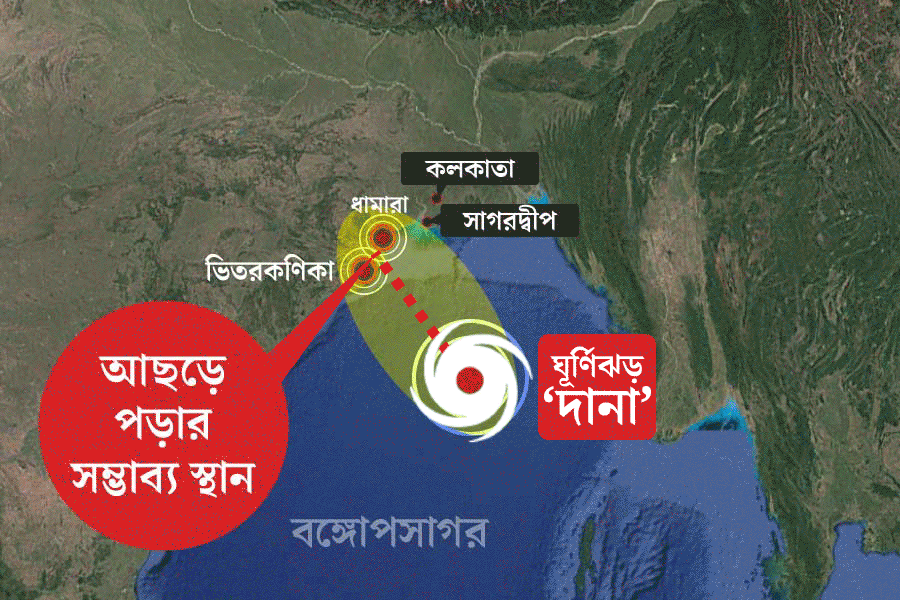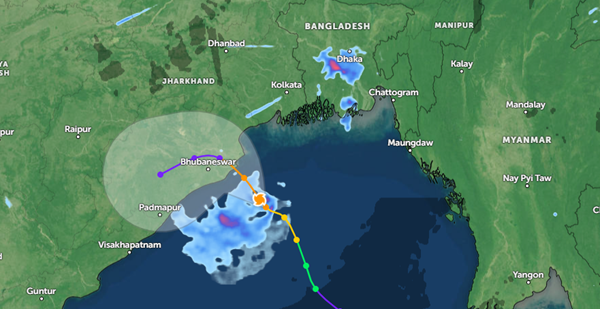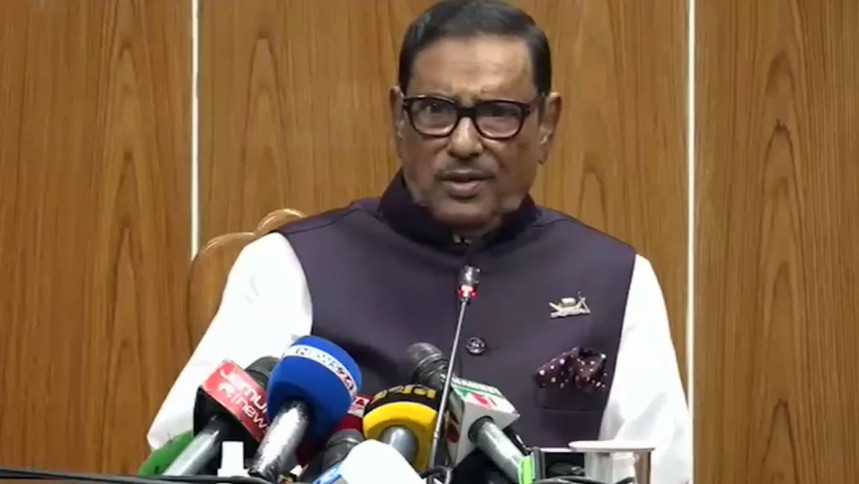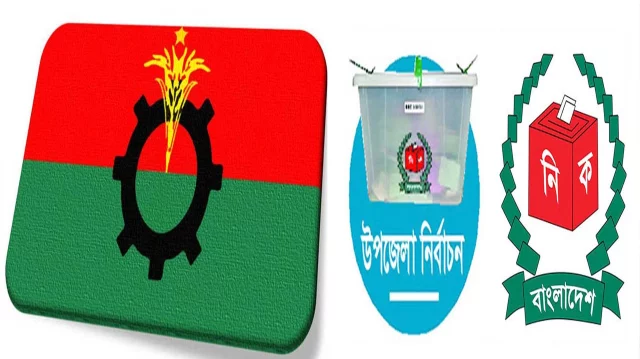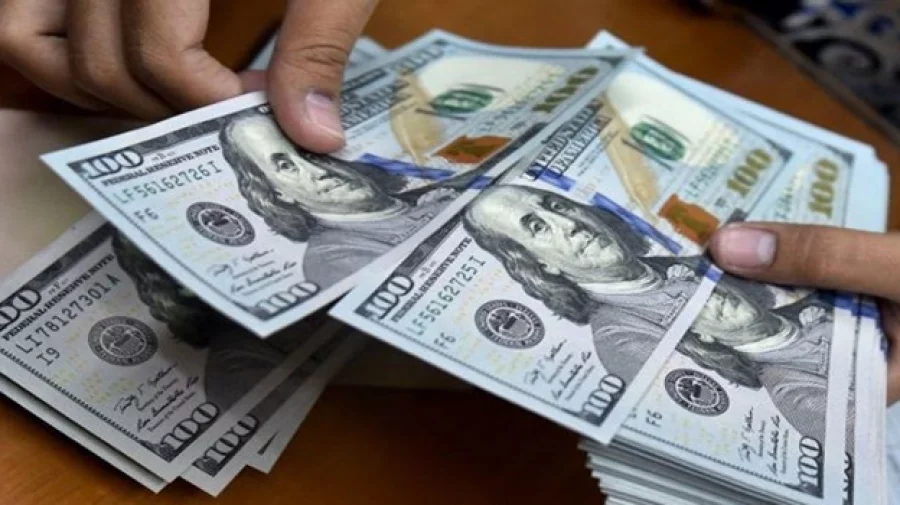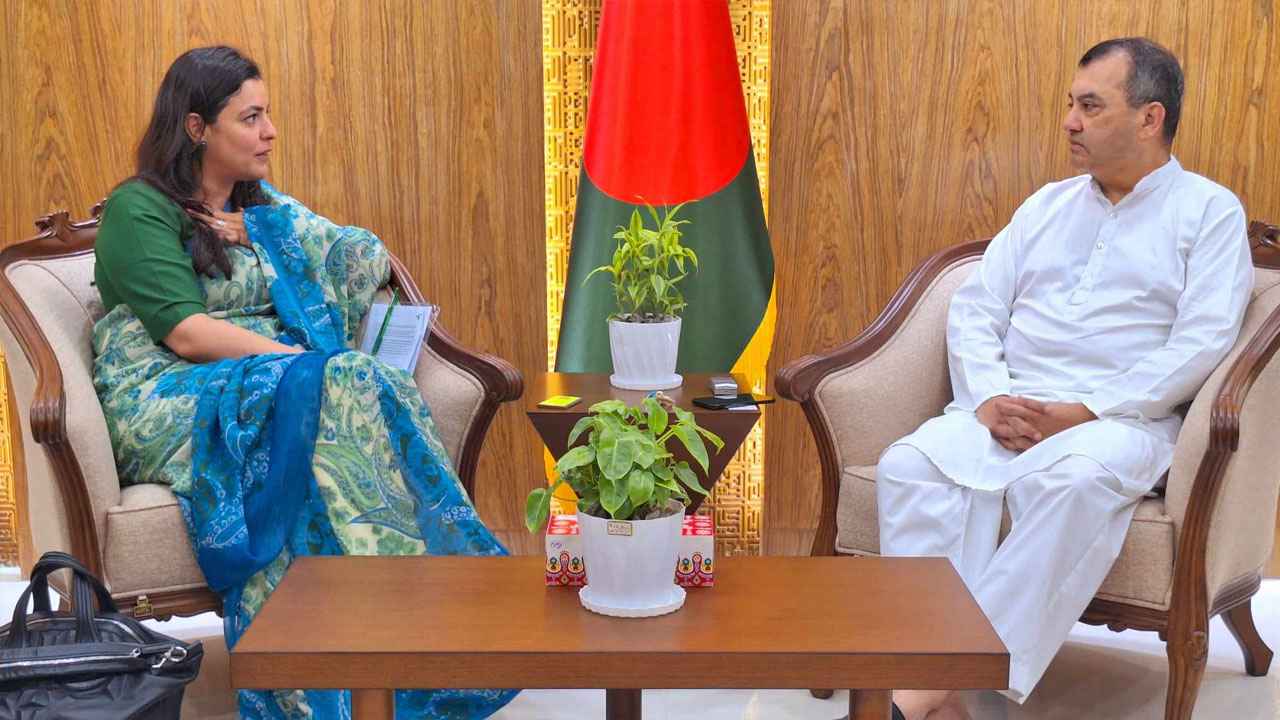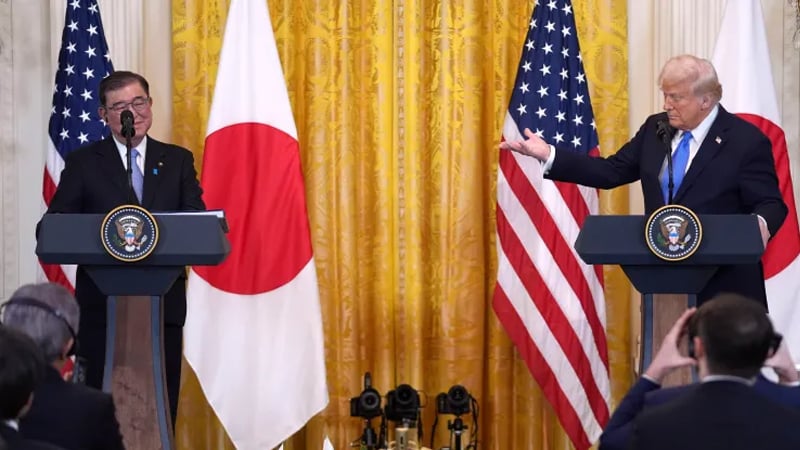
The United States and Japan, two of the world's economic powerhouses, have signed a "major" trade deal that US President Donald Trump has called "probably the largest trade deal in history."
The British media outlet BBC reported this information in a report on Wednesday.
"This deal is a win-win for both countries. We've worked hard for it for a long time. I've always said it has to be a win-win for both sides," Trump said at a White House event on Tuesday.
Under the agreement, Japan is expected to invest $550 billion in the United States. It will also give access to the Japanese market for U.S. agricultural products, cars and other goods. Trump said Japan has also agreed to pay 15 percent retaliatory tariffs under the agreement.
Japan's chief trade negotiator, Ryosei Akazawa, said on social media that he had "accomplished mission" after concluding talks at the White House. However, details of the agreement have not yet been released. International media outlets are contacting the Japanese embassy in Washington for details.
Tensions between the two countries had been high even before the deal was signed. Earlier this month, Trump threatened to impose a 25 percent tariff on Japanese goods if no deal was reached by August 1. Earlier in April, Trump announced plans to impose a 24 percent tariff, although that was later put on hold for 90 days.
Under the so-called 'Liberation Day' policy, the US has unilaterally announced trade tariffs on some countries, which has had an impact on global markets. In a situation where this agreement with Japan could play a significant role in easing tensions,
The news of the deal also had a positive reaction in the Japanese stock market. Tokyo's Nikkei 225 index rose by about 2 percent, with shares of carmakers Toyota, Nissan and Honda in particular rising significantly.
Meanwhile, President Trump has indicated that another trade deal with the European Union will be announced soon, and that several other deals are in the works.
Analysts believe the deal is also important in the context of Japan's domestic politics. Prime Minister Shigeru Ishiba's Liberal Democratic Party lost control of the country's upper house after a recent election defeat. Ishiba said in response to the deal, "We don't want to comment now until a full analysis is completed."
